
5 Extremely Harmful Cooking Oil Habits That Slowly Poison Your Body
Cooking oil is an essential and familiar ingredient in everyday meals. However, using it incorrectly can turn even the most delicious dishes into “poison” without you realizing it.
When used properly, cooking oil enhances the flavor of food and offers several health benefits. It provides energy, healthy fats, and aids the absorption of fat-soluble vitamins. Yet, misusing cooking oil can quickly turn your meals into a health hazard. Check if you are making any of these five harmful mistakes with cooking oil that may be silently affecting your health and your family’s well-being.
1. Heating oil until it smokes
Many people prefer stir-frying or cooking at very high temperatures and are accustomed to waiting until the oil smokes before adding ingredients. This practice is highly unsafe. When cooking oil reaches excessive heat, it not only destroys nutrients in the food but also generates toxic compounds such as peroxides and carcinogens, including benzopyrene, acrylamide, and polycyclic aromatic hydrocarbons (PAHs).
Safe alternative: Heat your pan first, then add the oil. Dip the tip of a wooden chopstick into the oil—if small bubbles form around it, the oil is ready for cooking. Avoid using oils with a low smoke point for frying or high-temperature cooking, as they burn quickly and produce harmful substances.
2. Using too much cooking oil, especially if you have health conditions
Excessive oil consumption can lead to weight gain, obesity, and elevated LDL cholesterol, increasing the risk of cardiovascular diseases. Overconsumption of oil may also cause digestive issues such as bloating, and long-term use could contribute to cancer risk.
The World Health Organization (WHO) recommends that fats account for about 20–30% of daily caloric intake, including cooking oil. For adults, this usually means around 25–30 grams per day. People with overweight issues or heart problems should consume even less.
3. Reusing cooking oil multiple times
Repeatedly heating cooking oil produces harmful chemicals. When oil is heated multiple times at high temperatures, it can generate acrolein, aldehydes, and peroxides, which irritate the digestive system and increase the risk of cancer, heart disease, and diabetes.
Recommendation: Use oil only once for frying. If reuse is unavoidable, filter out food residues and store the oil in a sealed container in the refrigerator. Limit reuse to no more than one additional time to minimize health risks.
4. Making your own oil or buying from small, unregulated workshops
Homemade oil or oil produced in small, informal workshops may not be properly controlled for quality or hygiene. Some facilities skip proper filtration or deodorization, resulting in oil contaminated with impurities, bacteria, or even carcinogens. Improperly stored oil can also oxidize, creating an environment for bacterial growth.
Safe practice: Choose reputable, branded oils with food safety certification to protect the health of your family.
5. Keeping oil for too long or ignoring expiration dates
Cooking oil that is stored too long can oxidize, degrade, and become harmful, affecting both the flavor and safety of food. Even oil that is technically still within its expiration date should not be used if the bottle has been opened for more than three months. Exposure to air produces peroxides, and in some cases, mold can develop, generating aflatoxins, potent carcinogens harmful to humans.
Tip: Always check expiration dates, store oil in a cool, dark place, and use it within the recommended period to maintain quality and safety.
Conclusion:
Using cooking oil correctly is not just about taste—it’s crucial for health. Avoid these five harmful habits to ensure your meals are safe and nutritious. By practicing proper oil usage, you can protect your family from long-term health risks and still enjoy delicious, flavorful dishes every day.
News in the same category


How China is Reshaping Online Influence Through New Rules

How often should you shower

Choose a Nail to Discover What Kind of Woman You Are

Never Do These 15 Things for a Man (Even If You’re Madly in Love With Him)

Adam Sandler Sends Heartfelt Flowers to Jennifer Aniston EVERY Year On a Specific Day and Here’s Why

Scientists Found IV Bags Could Send Microplastics Directly Into Your Bloodstream During Infusions

The Dawn of Genetic Healing: A New Hope for Huntington’s Disease

The Hidden Meanings Behind Men Wearing Earring

20 Subtle Signs He’s Not as Good as He Seems

Why Your Hard-Boiled Eggs Have That Weird Green Ring

Aluminum Foil Can Help You Boost Your Wi-Fi Signal

Halo Brows: The Playful, Loopy New Beauty Trend Taking Over

Inside $4,000,000,000 'mega ghost city' that's 6 times the size of New York with a fraction of the population

Why There's A Growing Trend Of Straight Men Dating Trans Women

What Really Happens When You Drink Coffee Every Morning

Joseph Gordon-Levitt Urges a Global Pause on AI Superintelligence Until Safety Measures Are in Place

The Three Nations Working Together to Protect the Mayan Jungle

The Spiritual Meaning of White Butterflies in Your Home
News Post
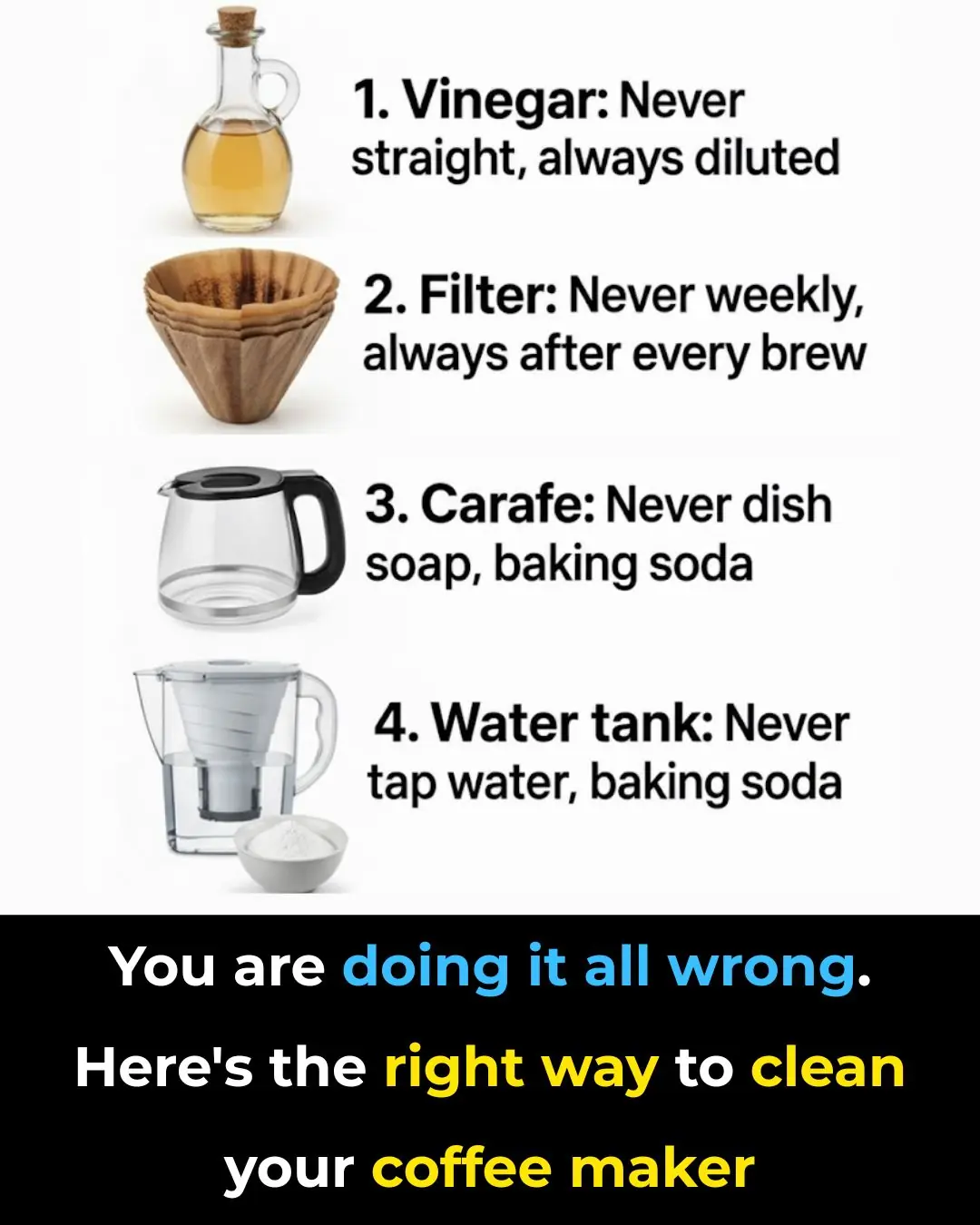
You are doing it all wrong. Here’s the right way to clean your coffee maker
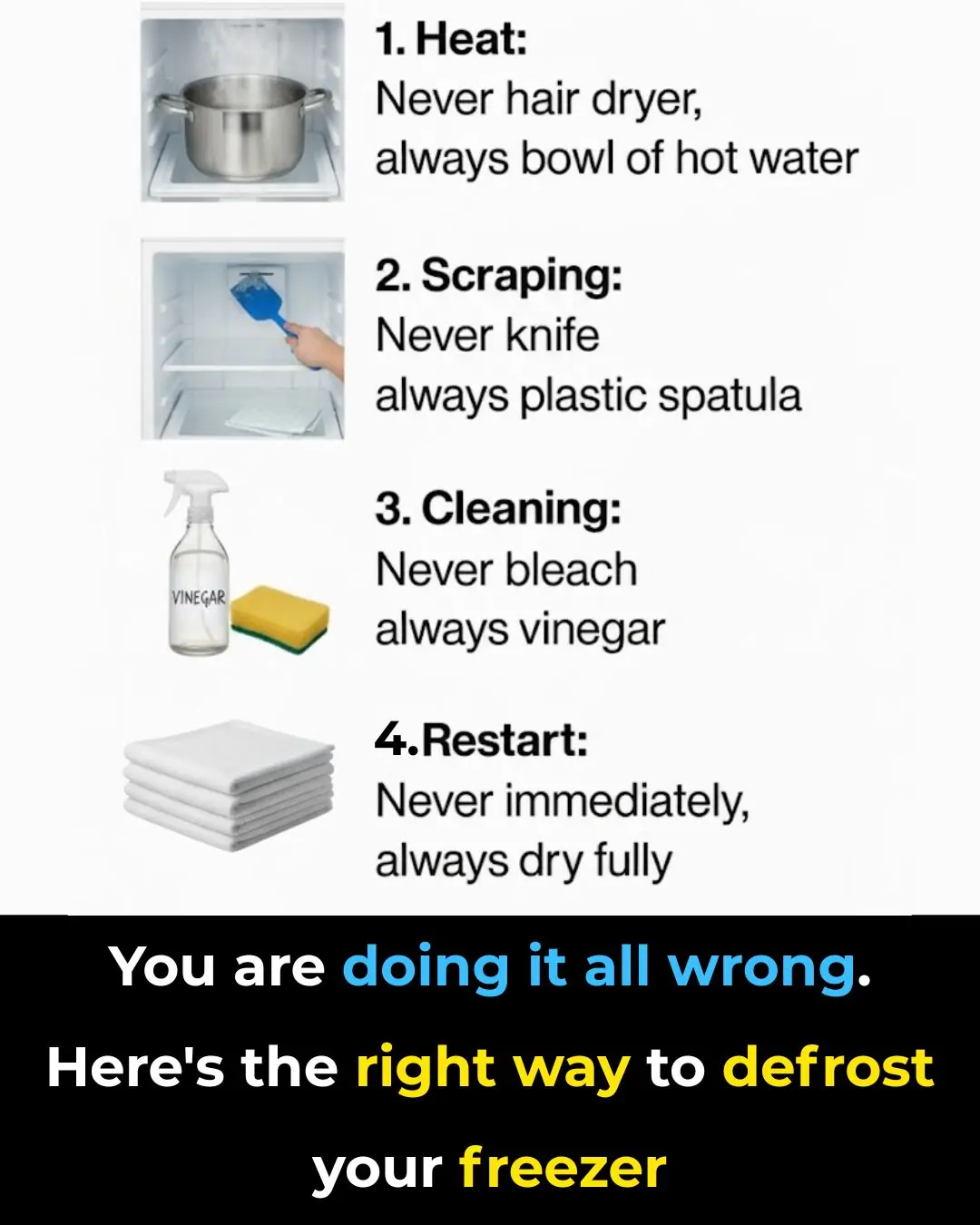
You are doing it all wrong. Here’s the right way to defrost your freezer

This is new information to me!

You are doing it all wrong. Here’s the right way to store winter coats
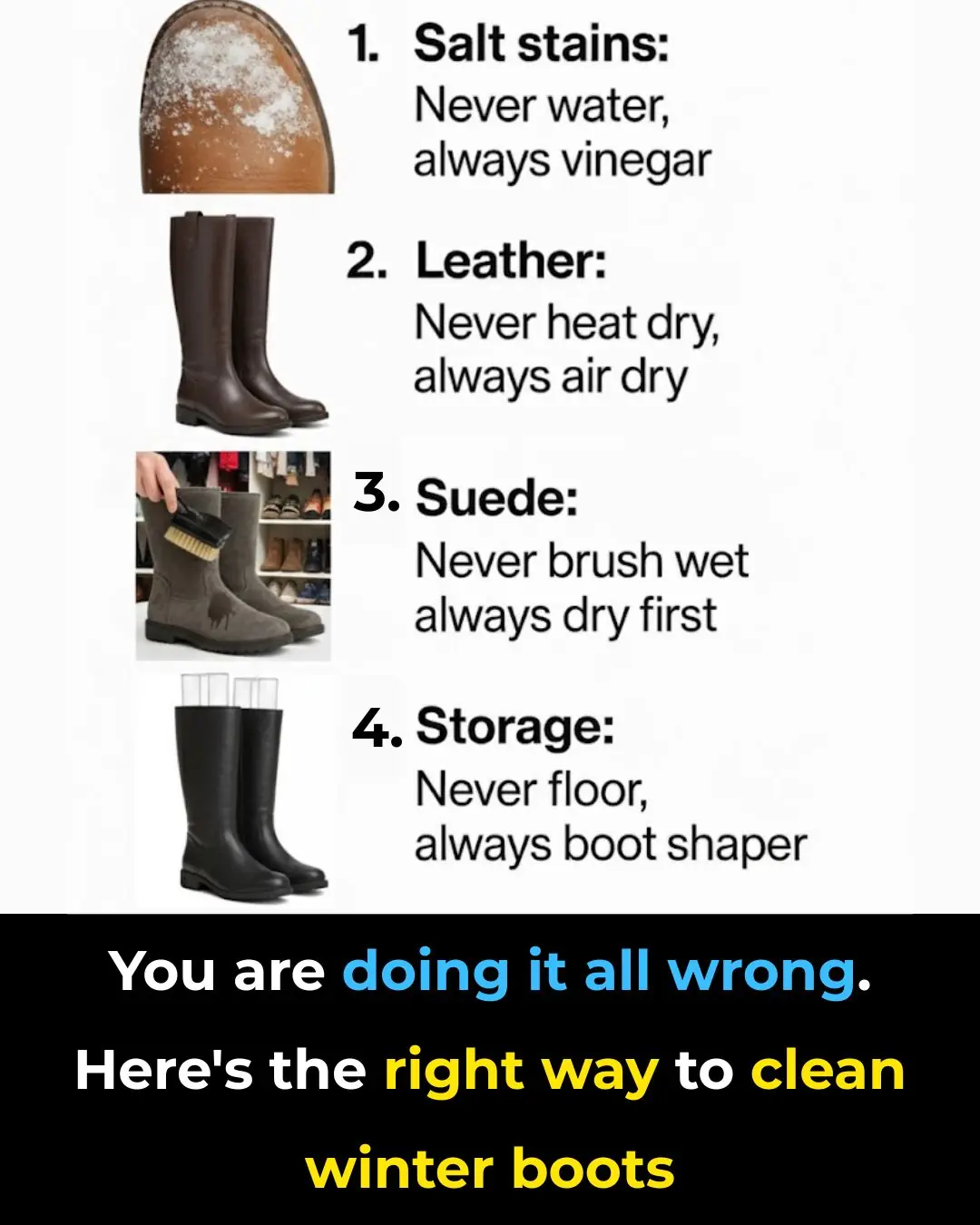
You are doing it all wrong. Here’s the right way to clean winter boots

Why should you bury garlic in a rice bin? Special benefits, every home needs it

Washing machine smells bad, mold appears: Do this to clean it, save money calling a technician

Rice cookers have 4 places that need to be cleaned regularly, the cleaner they are, the less electricity they use.
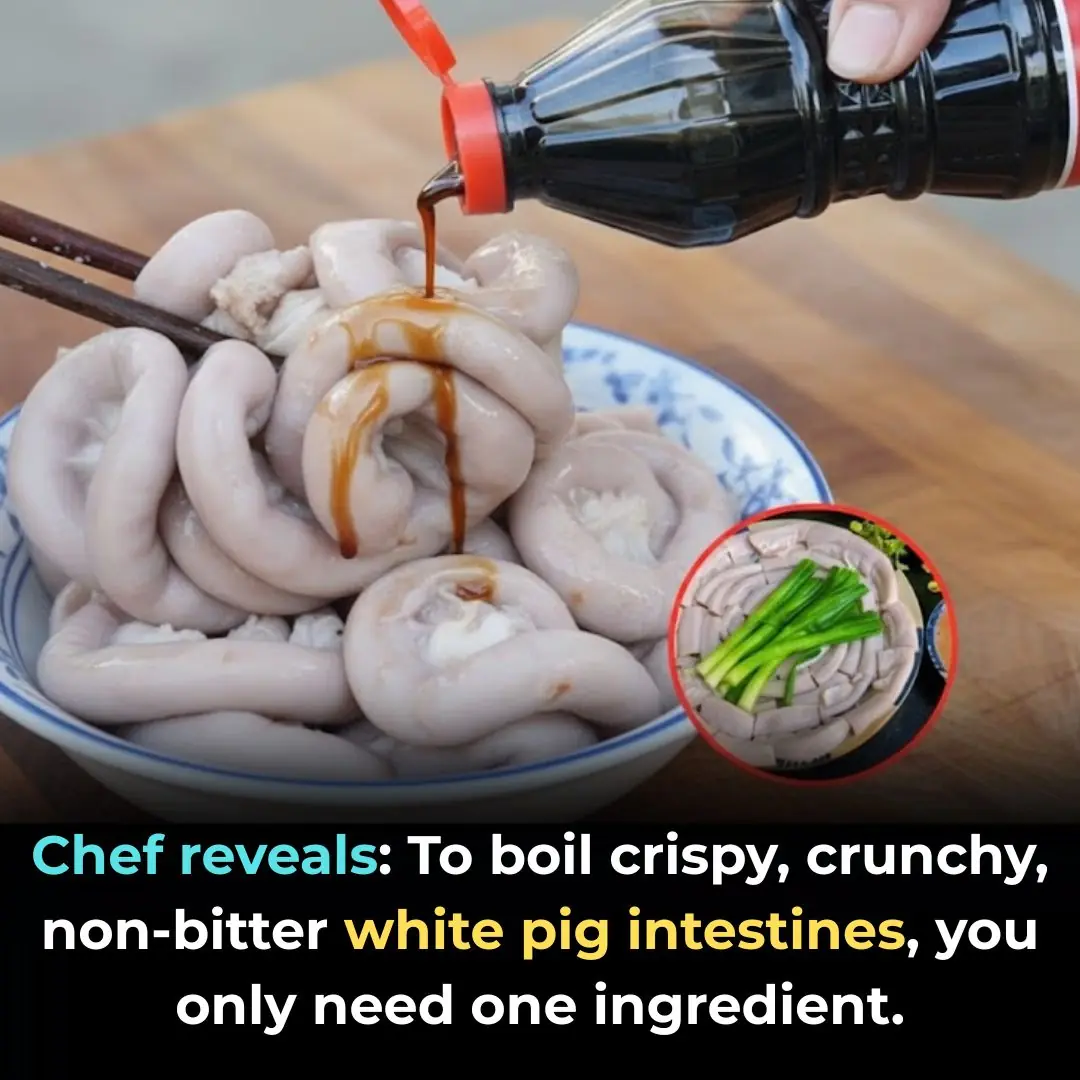
Chef reveals: To boil crispy, crunchy, non-bitter white pig intestines, you only need one ingredient.

7 safe and effective ways to get rid of ants from your house. Anyone with a lot of ants should learn from these.

3 ways to make delicious green chili sauce and red chili sauce that everyone can learn

Growing chili peppers with only plain water: The plants are stunted and yellow, using this water will produce heavy fruit.
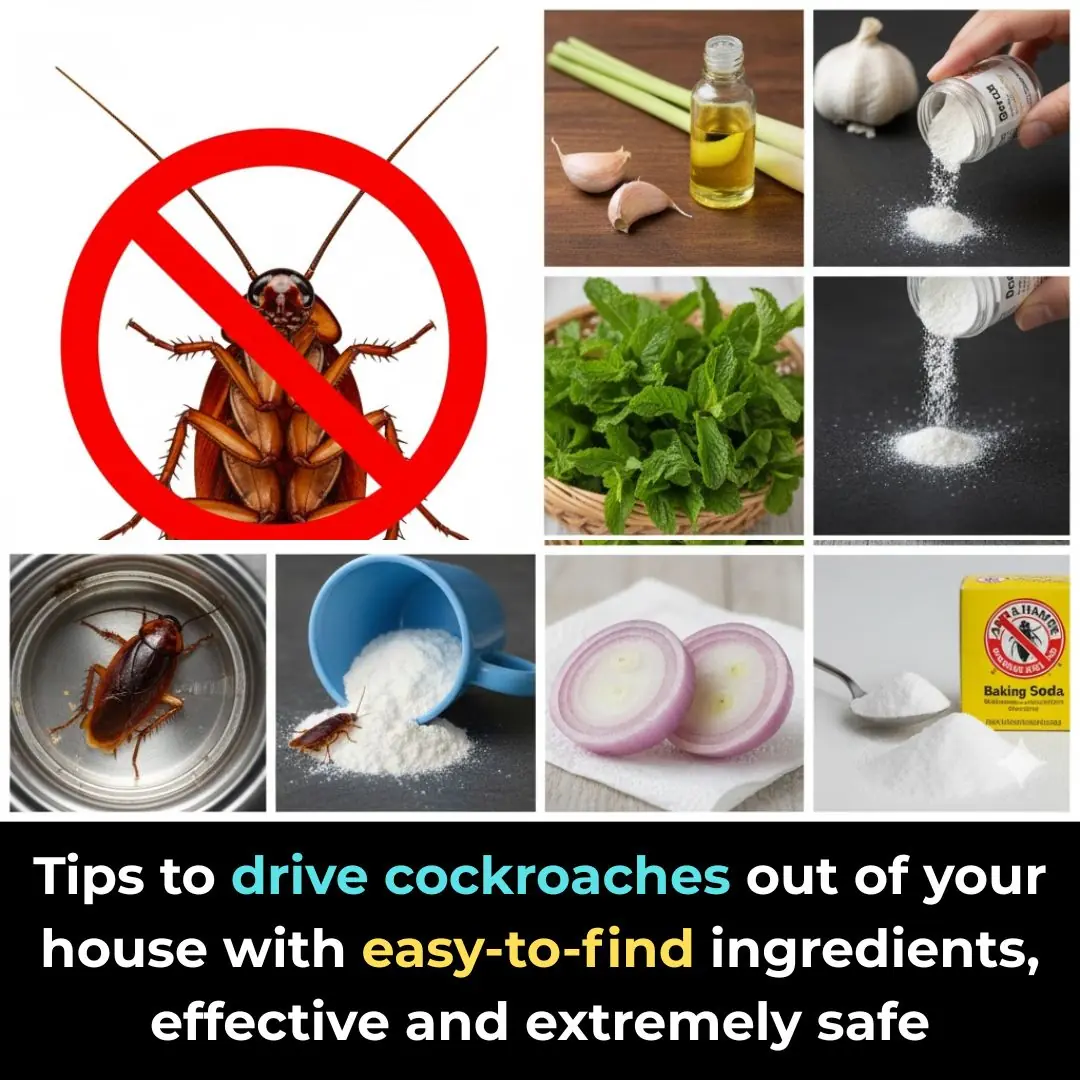
Tips to drive cockroaches out of your house with easy-to-find ingredients, effective and extremely safe

Ghost the Giant Pacific Octopus Captures Hearts in Her Final Moments

Collagen booster night cream!!

How China is Reshaping Online Influence Through New Rules

No Need for a Sharpening Stone: Just One Simple Trick to Make Your Dull Kitchen Knife as Sharp as New

My nana taught me this hack to make hair shiny in 3 mins with 0 work. Here’s how it works
